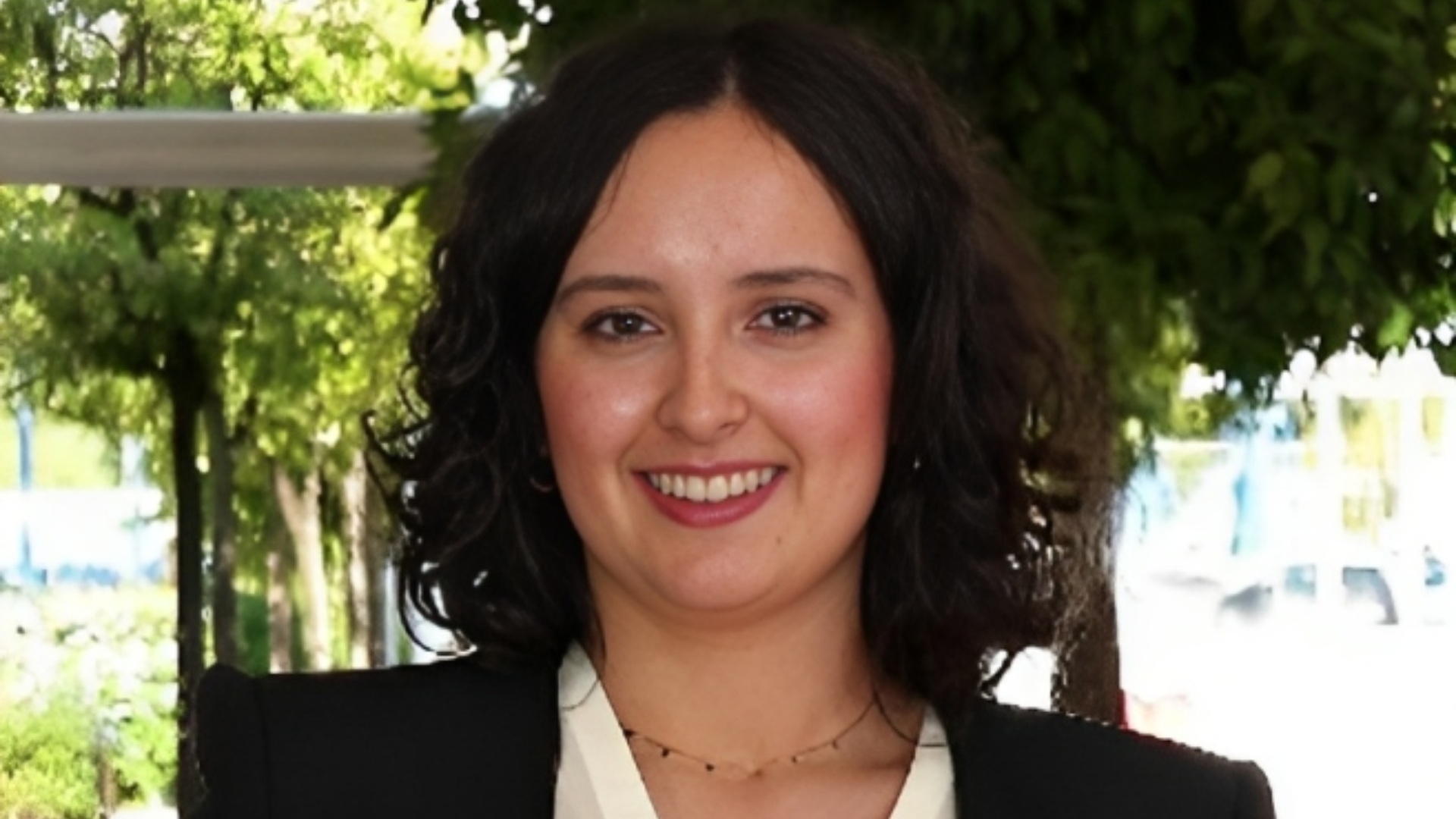In a society characterised by the reign of fashion, cosmeticorexia is spreading rapidly: an obsession disguised as a trend that affects both women and men.
The fear of ageing encourages the search for quick fixes that provide visible and perfect results in a matter of weeks. As a result, compulsive spending on cosmetics has risen sharply in unison with the belief in profound changes in record time.
While it is true that a cosmetic is intended to cleanse, perfume, protect, maintain and, more popularly known, modify the appearance, it cannot be overlooked that results will start to be visible in the vast majority of cases after 28 days of daily use, both in the morning and at night. No one is capable of rejuvenating ten years at a stroke.
Moisturising, nourishing, brightening and smoothing wrinkles require weeks of work. Creams need to pass a preliminary phase, based on discovering their affinity with the skin of the face (sensitive, acne-prone, oily, dry, etc.), as well as measuring their compatibility with the other cosmetics available to the consumer.
The more... the better?
Definitely not. Beauty is all about quality, that is, the better. Just because you make a smothie (viral on social networks such as TikTok) with twenty creams, milks, serums, oils... you are not going to have healthier skin.
Buying huge quantities of cosmetics is a problem that even the younger generations face, so age-appropriate skin education, conscious product selection and establishing a logical order in the skincare routine are essential.
Many brands are now adding age recommendations to their packaging, especially in the case of cosmetics formulated with retinol and other anti-ageing remedies.
The most important steps for beautiful skin are: cleansing, toning and moisturising, the rest is secondary. All this is linked to consistency (day and night), but also to awareness and comfort with age and skin.
Are there treatments?
The most common route is to seek the advice of beauty professionals. They are trained and prepared to clarify a skin diagnosis and advise the client on the most beneficial products. They can also be found in various beauty salons and even offer educational workshops on beauty.
There is another path oriented towards psychological support, provided by specialised professionals, who will investigate the trigger of this addiction, as well as techniques and advice that encourage the person's rationality.
